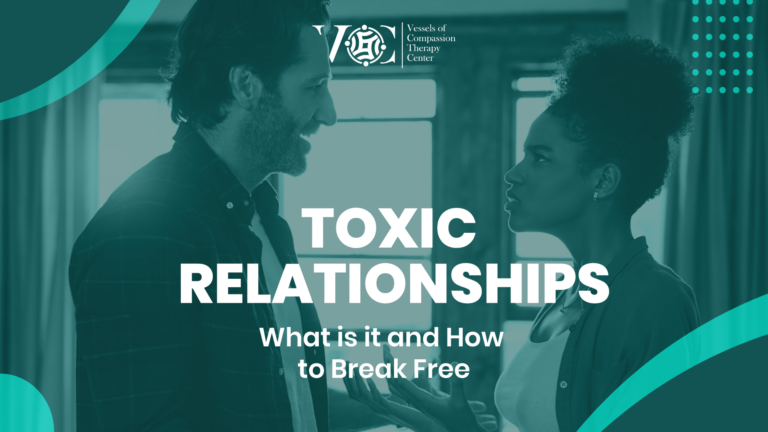
Toxic relationships can feel all-consuming, draining, and harmful, not only to your emotional well-being but also to your overall self-worth and mental health. Recognizing the signs, understanding their impact, and taking steps to break free are essential to healing and rediscovering yourself. Let’s dive into what a toxic relationship is, how it affects you, and what strategies you can use to recover.
A toxic relationship is one where one or both partners engage in unhealthy behaviors that emotionally, mentally, or physically harm the other. These relationships often involve manipulation, control, constant criticism, emotional or verbal abuse, and a lack of respect. Toxicity can manifest in romantic relationships, friendships, and even family dynamics. Over time, toxic relationships can become a cycle of negative behavior, where the individual feels trapped and powerless.
Being in a toxic relationship takes a significant toll on mental health. Constant tension, unresolved conflict, and emotional abuse can lead to chronic stress and feelings of helplessness. Individuals in these relationships often experience:
Over time, toxic relationships break down an individual’s self-esteem and self-worth. Constant criticism, belittling, and manipulation lead individuals to:
Once you’ve left a toxic relationship, recovery takes time and patience. Here are some strategies to help you heal and rebuild your self-worth:
Toxic relationships can have long-lasting effects on your mental health, self-worth, and overall well-being. Recognizing the signs, seeking support, and taking steps to leave and heal are crucial to rediscovering yourself and finding peace. With time and effort, you can rebuild your confidence and ensure your future relationships are healthy and supportive. If you’re currently in a toxic relationship or recovering from one, remember that seeking professional support can help guide you through the healing process. You deserve a life free from emotional harm and full of self-love and respect.